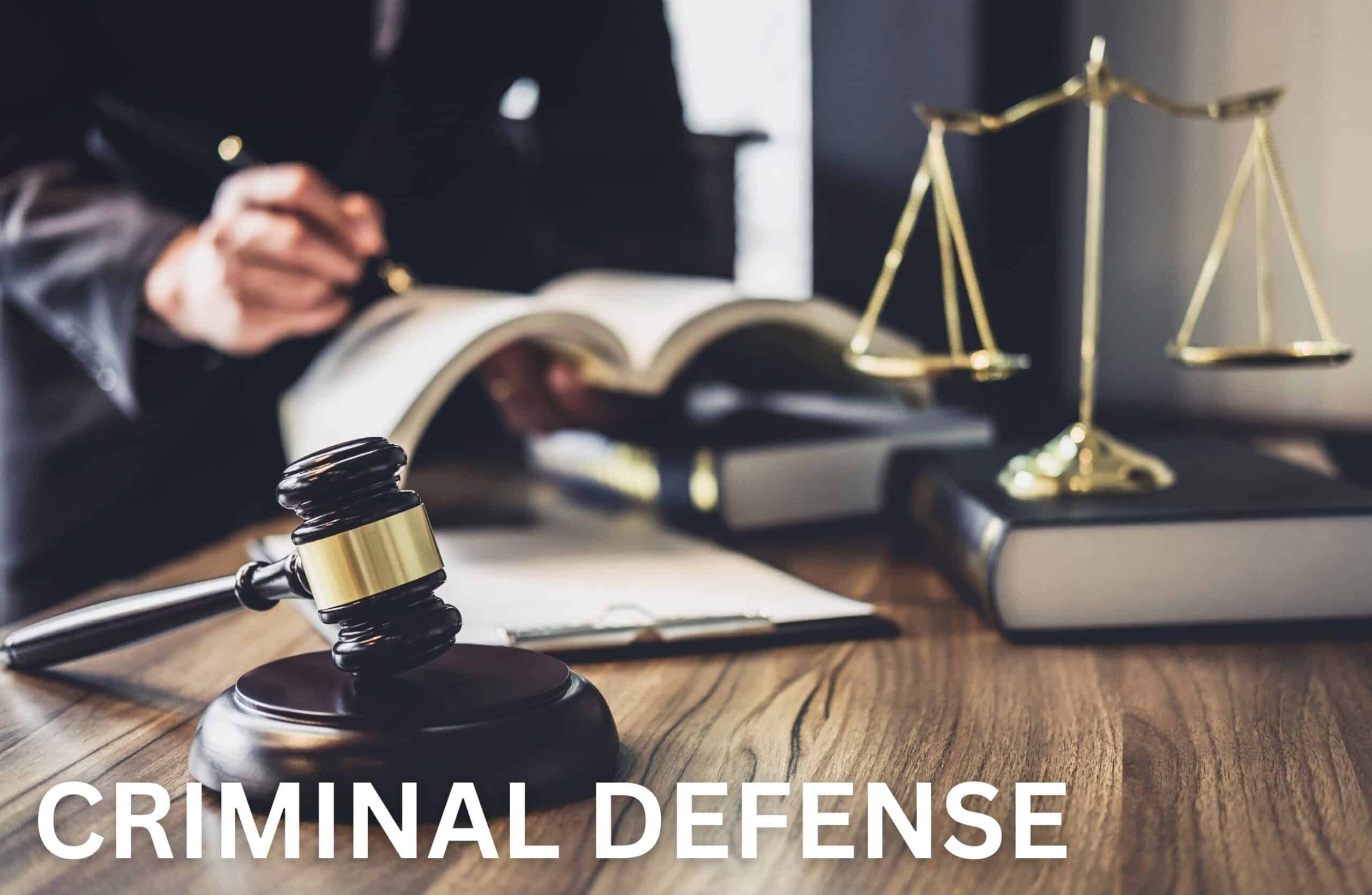When faced with a threat, protecting yourself or your loved ones is instinctive. But what happens when you’re protecting yourself or others and you’re charged with a crime? North Carolina’s self-defense laws are designed to protect individuals who act out of necessity, but they can be complex and difficult to understand.
If you are facing allegations of a violent crime, our team of criminal defense lawyers in North Carolina can determine if self-defense applies to your situation. Call us today to schedule a free case evaluation.
What Is Self-Defense?
Self-defense is the legal right to protect yourself or others from harm when faced with an imminent threat. This legal principle acknowledges that when someone threatens your safety, you have the right to take reasonable action to stop the threat.
The Elements of Self-Defense
To successfully claim self-defense in North Carolina, you must be able to prove the following elements:
- Imminent threat: You must have faced an immediate danger of harm or death.
- Reasonable belief: Your belief that there was an imminent threat must be reasonable based on the circumstances.
- Proportionality: The force used must be proportionate to the level of threat faced. Using excessive force may weaken your self-defense claim.
- No duty to retreat: In North Carolina, you are not legally obligated to retreat from the situation before using force, but you should try to avoid or escape the confrontation if possible.
- No initial aggression: You cannot claim self-defense if you were the initial aggressor or if you provoked the situation.
Specific Self-Defense Laws in North Carolina
North Carolina follows the Castle Doctrine, which means that you have the right to use force, including deadly force, to protect yourself, your home, or your vehicle if you reasonably believe that there is an imminent threat of harm.
This doctrine extends to any place you have a legal right to be, such as your workplace or a public park. However, the law does not permit the use of deadly force if you are the initial aggressor or if you could have safely retreated from the situation.
The “Stand Your Ground” Law in North Carolina
North Carolina is a “Stand Your Ground” state, which means you are not required to retreat before using force to defend yourself as long as you are in a place where you have a lawful right to be. This law is often applied in situations involving your home, vehicle, or workplace.
Under this law, you may use force, including deadly force, if:
- You are protecting yourself or others from imminent harm.
- You reasonably believe that such force is necessary to prevent death, serious bodily injury, or the commission of a forcible felony.
- You are in a location where you have a legal right to remain.
The Legal Consequences of a Conviction Related to Violent Crime
Being convicted of a violent crime in North Carolina can seriously impact your life, even if you were defending yourself. If you can’t prove you acted in self-defense, you could face harsh penalties that affect you for many years.
While jail time and fines are the immediate penalties you might face, the effects of a conviction don’t stop there. A violent crime conviction can limit your basic rights and make everyday life much harder, even after you’ve served your sentence.
These restrictions can affect where you live, what jobs you can get, and what rights you have as a citizen. Many people don’t realize how many doors can close after a violent crime conviction.
Here are the main consequences you could face:
- Loss of voting rights
- Can’t own or possess guns
- Limited job opportunities
- Restrictions on where you can live
- Problems with immigration status
- Travel limitations
- Loss of custody rights
- No access to certain government benefits
- Fewer educational options
The exact penalties you face will depend on your specific charges, which is why having a strong defense from the start is so important.
Call Our North Carolina Criminal Defense Attorneys Today
When you’ve acted in self-defense, facing criminal charges can feel unjust. At Schlosser & Pritchett, we’re here to ensure your voice is heard and your rights are fiercely protected. Our attorneys bring extensive knowledge of North Carolina’s self-defense laws and a commitment to tailoring a defense strategy that fits your unique case.
We understand that not every case is black and white. That’s why we explore every legal avenue available to you, whether it involves negotiating with prosecutors to reduce charges or pursuing a plea bargain that minimizes the impact on your life. However, when a trial becomes necessary, our team is prepared to build a robust defense strategy, leveraging evidence, legal precedents, and expert witnesses to present a compelling case on your behalf.
The consequences of criminal charges can be severe—don’t face them without a trusted advocate by your side. Call (336) 292-4076 or contact us online to begin building your defense today.










